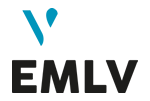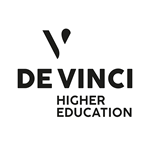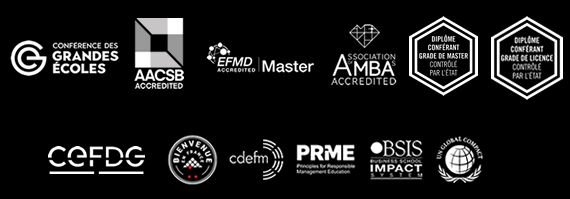In the vibrant world of educational experiences, exchange programs tend to stand out as unique threads that weave together academic learning with cultural immersion, offering students a spectrum of opportunities for personal and professional growth.
For many, these programs are not just about studying abroad; they represent pivotal chapters in their career development narratives.
What’s The Value of International Exposure?
Exchange programs offer more than a change of scenery; they open windows to diverse business practices, innovative problem-solving approaches, and new market insights. This global perspective is invaluable in today’s interconnected world, where understanding cross-cultural nuances can be a significant asset in any professional setting.
Gaining Industry Exposure Across Borders
Participating in an exchange program allows students to explore their field of study through a different lens, often exposing them to cutting-edge practices and trends not available in their home countries. By engaging with professionals and academics abroad, students can deepen their industry knowledge and gain a broader understanding of global business dynamics.
International Internships: Linking Theory and Practice
Many exchange students seize the opportunity to undertake internships while abroad, offering a hands-on experience in a foreign business environment. These internships are not just resume builders; they are platforms for practical learning, networking, and gaining professional experience in an international context. They illustrate a student’s adaptability, initiative, and ability to navigate challenges outside their comfort zone.
How to Articulate International Experience
The experience gained through exchange programs can significantly bolster a student’s CV, highlighting their global exposure, adaptability, and initiative. However, articulating this experience effectively is key to capturing the attention of future employers.
Highlighting Cultural Adaptability and Language Skills
Employers today value cultural adaptability and language proficiency. Exchange students should emphasize their ability to integrate into different cultural settings, communicate effectively in another language (if applicable), and navigate the complexities of cross-cultural workplaces.
Showcasing International Projects and Collaborations
Any projects or collaborations undertaken during the exchange, especially those with a tangible outcome or impact, should be prominently featured on the CV. These experiences demonstrate a student’s capability to work within diverse teams and contribute meaningfully to international projects.
Leveraging Exchange Experiences for Career Growth
Beyond enhancing their CVs, exchange students can leverage their international experiences to advance their careers by maintaining and expanding their professional networks and continuously reflecting on and applying their abroad learnings to new contexts.
Building Global Connections
The relationships formed during exchange programs can serve as valuable professional connections throughout one’s career. Students should strive to keep in touch with peers, professors, and industry professionals met abroad, utilizing social media and professional networking platforms to maintain these connections.
Reflective Learning
Aka Applying international insights locally. Reflecting on their exchange experiences allows students to distill and apply their newfound knowledge and perspectives to domestic contexts. This reflective practice can inspire innovative approaches to challenges and opportunities in their home country’s business environment.
The journey doesn’t end upon returning home; it’s just the beginning of a career enriched by a global perspective, cross-cultural competencies, and a network that spans continents.


















